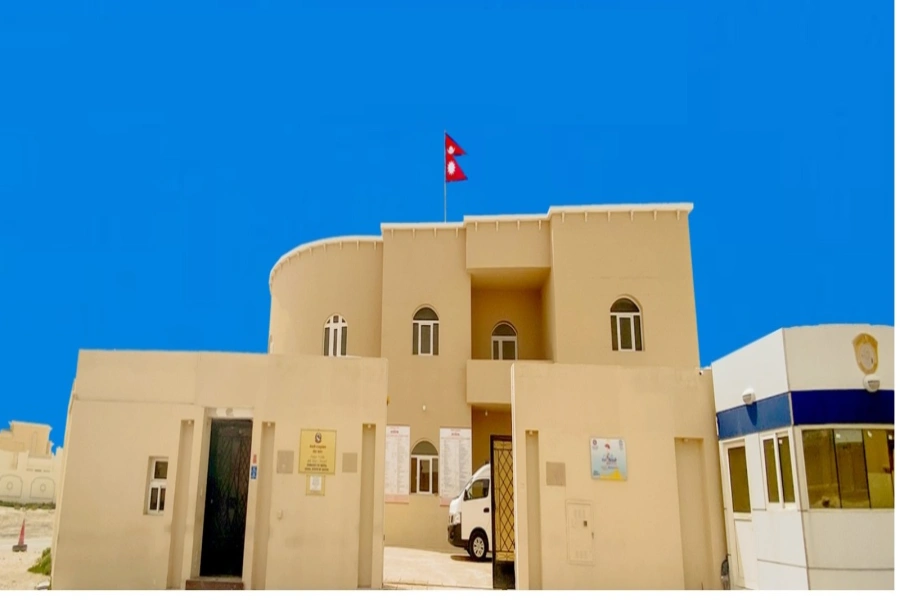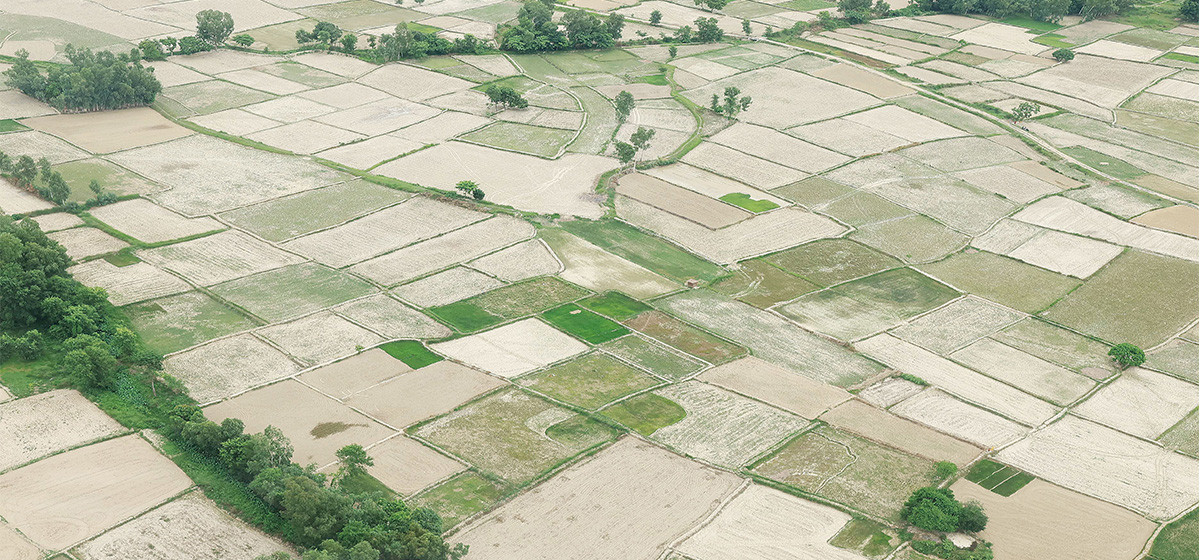BAKU (AZERBAIJAN), Nov 19: Although the United Nations Climate Conference underway in Baku, Azerbaijan, entered its second week on Monday, there is still uncertainty about how much it will contribute to addressing the climate crisis.
The main agenda of this conference is to determine the size and sources of climate finance required for climate change mitigation, adaptation, and loss and damage.
The Baku conference aims to set a New Collective Quantified Goal (NCQG) for 2025 and identify the sources of this finance. Initially, a 34-page draft decision text was created, but it has been reduced to 27 pages. However, discussions so far have focused more on the principles of climate finance rather than its size and sources. Negotiators say efforts are still ongoing to further consolidate and reach an agreement on this matter.
In the context of carbon emissions and rising temperatures setting new records in recent years, and the increase in disasters such as floods, landslides, and droughts worldwide due to climate change, it has become crucial to determine whether the Baku conference will merely be a traditional ritual or lead to some significant decisions.
The decision document mentions that developing countries will need nearly 21 to 38 billion US dollars annually to achieve the Nationally Determined Contributions (NDCs) targets for emission reduction and to carry out climate adaptation actions by 2030, amounting to 5 to 6 trillion US dollars.
Dr Bimal Regmi, a climate expert from Nepal participating in the negotiations, states that based on the progress so far and the absence of major world leaders in the high-level political sessions during the first week, there are doubts about the conference achieving its desired goals.
Desperate search for missing girls as nearly 80 dead in Texas f...

Dr Regmi said, "Developed countries have been reluctant to provide climate finance in the form of grants rather than loans, and to set new climate targets at the necessary level. This has raised doubts about the success of COP-29 and the principle of multilateralism for climate action."
Harjeet Singh, the Global Engagement Director of the Fossil Fuel Non-Proliferation Treaty Initiative, shares a similar opinion.
"As COP-29 enters its second week, negotiations on climate finance are nearly stalled. Developed countries have not yet accepted climate finance as a lifeline for developing countries," he said.
He further said that developed countries must show commitment to new climate finance targets, stating, "We cannot afford to let COP-29 fail. If that happens, the consequences could be serious."
Not only climate activists and officials involved in the negotiations, but also journalists covering the event have expressed doubts about the conference achieving the expected success.
Rinzin Wangchuk, a journalist from Bhutan participating in the conference, believes that reaching a decision on ambitious climate finance targets is not going to be easy due to the election of Donald Trump as the US President and the upcoming elections in Germany early next year.
He said, "Since climate change is directly linked to geopolitics, and given the current complex geopolitical situation, it has become a challenge to determine new climate finance targets and assess how successful the conference will be."
Umara Manzoor Shah, a journalist from IPS News, says that due to the climate crisis, Nepal, Bhutan, India, and coastal countries are at extreme risk. "In India's recent general elections, over 300 election officials lost their lives due to extreme heat. Every hour, three Indian farmers commit suicide due to drought," he says.
Citing the impact of the climate crisis not only on India but also on the neighboring and coastal countries around the world, he adds, "If immediate and concrete steps are not taken, humanity seems to be heading towards extinction."
He states that due to the strained relationship between India and Pakistan, the SAARC process has been obstructed, which has also affected climate action and cooperation.
"This is a shared issue, and there is no alternative to regional cooperation to address it. If this is not done, the existence of our mountains and the future of the coming generations will be at risk," he says.
He states that Gulf countries, which have played a significant role in the production and export of fossil fuels, must contribute to climate finance.
He says, "At last year's conference in Dubai, there were announcements regarding the loss and damage fund and other climate finance initiatives, as well as plans to reduce fossil fuels. It is necessary to review how many of these have been implemented."
The COP-28 held in Dubai last year was the first to make a decision to move away from the use of fossil fuels. However, global governments' efforts to set ambitious carbon emission reduction targets and implement them remain very weak. The conference will continue until Friday.



































